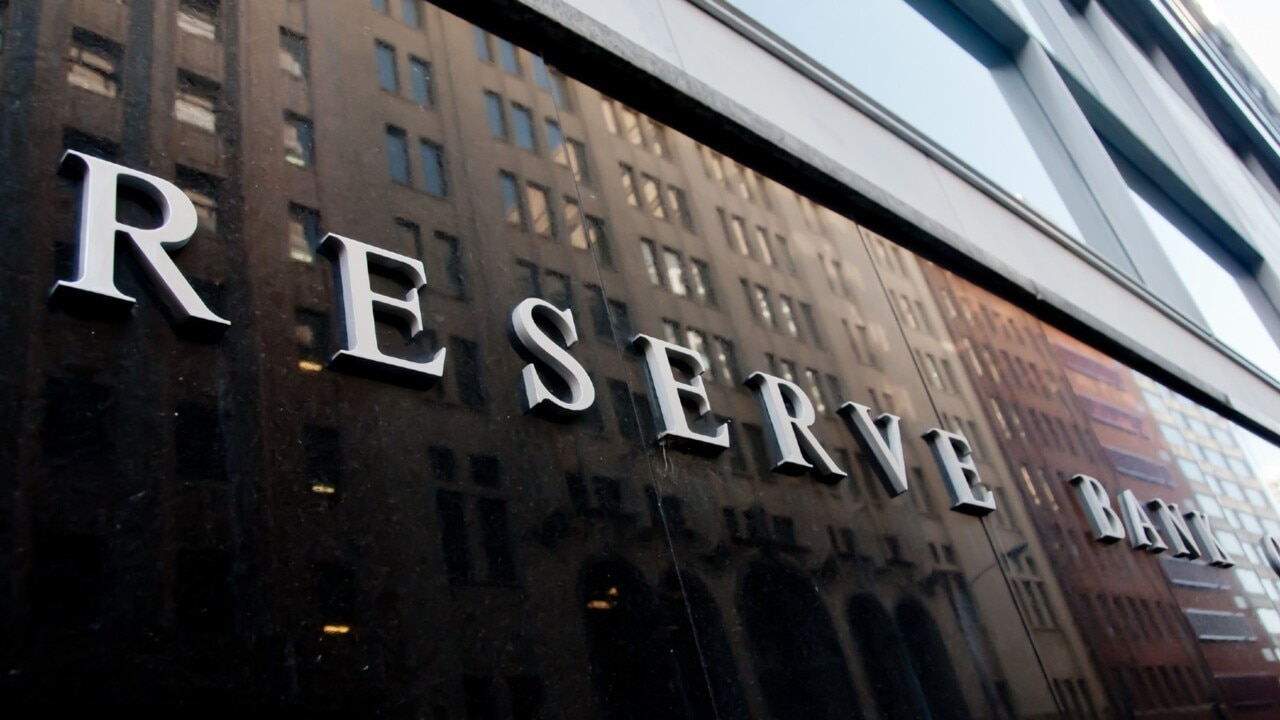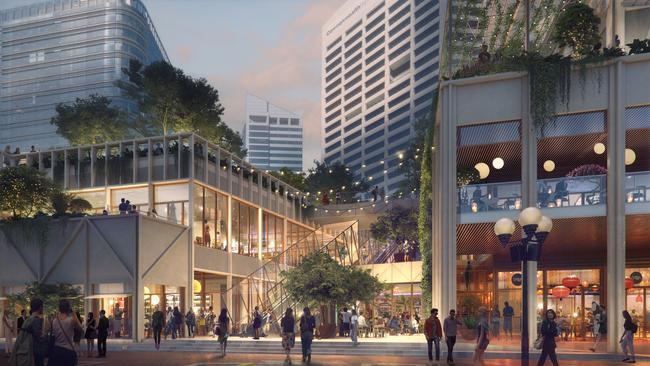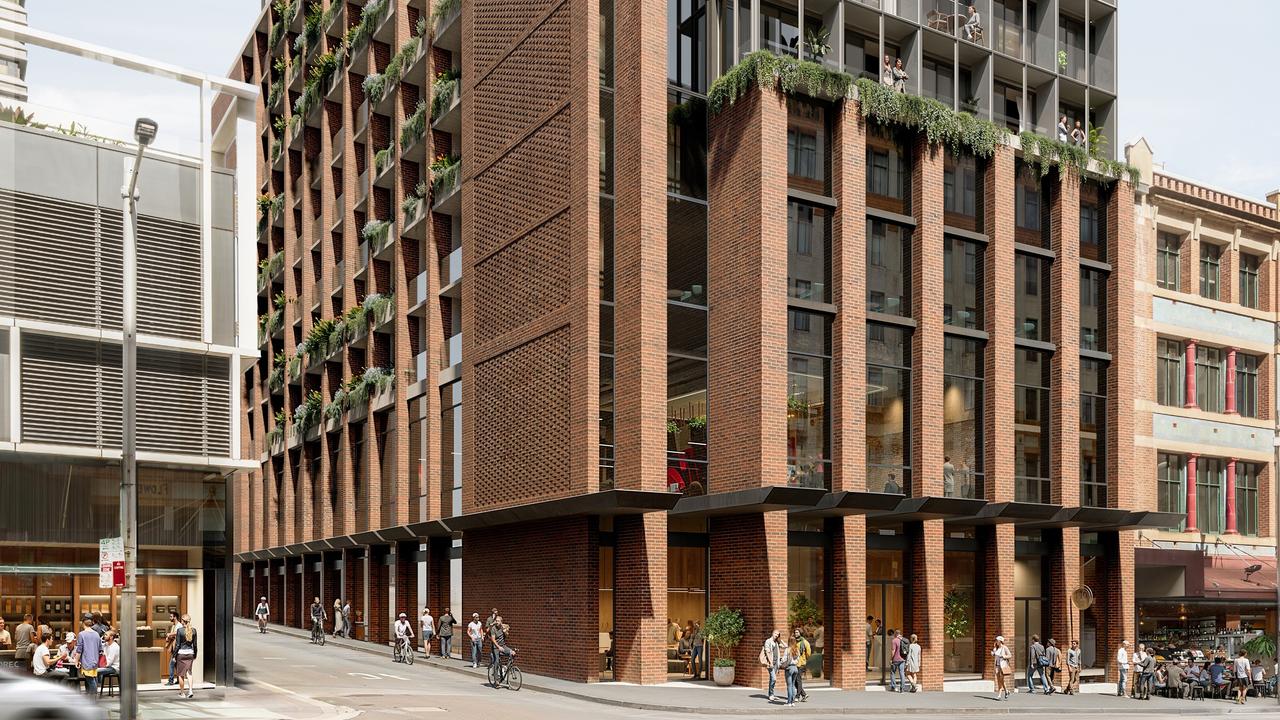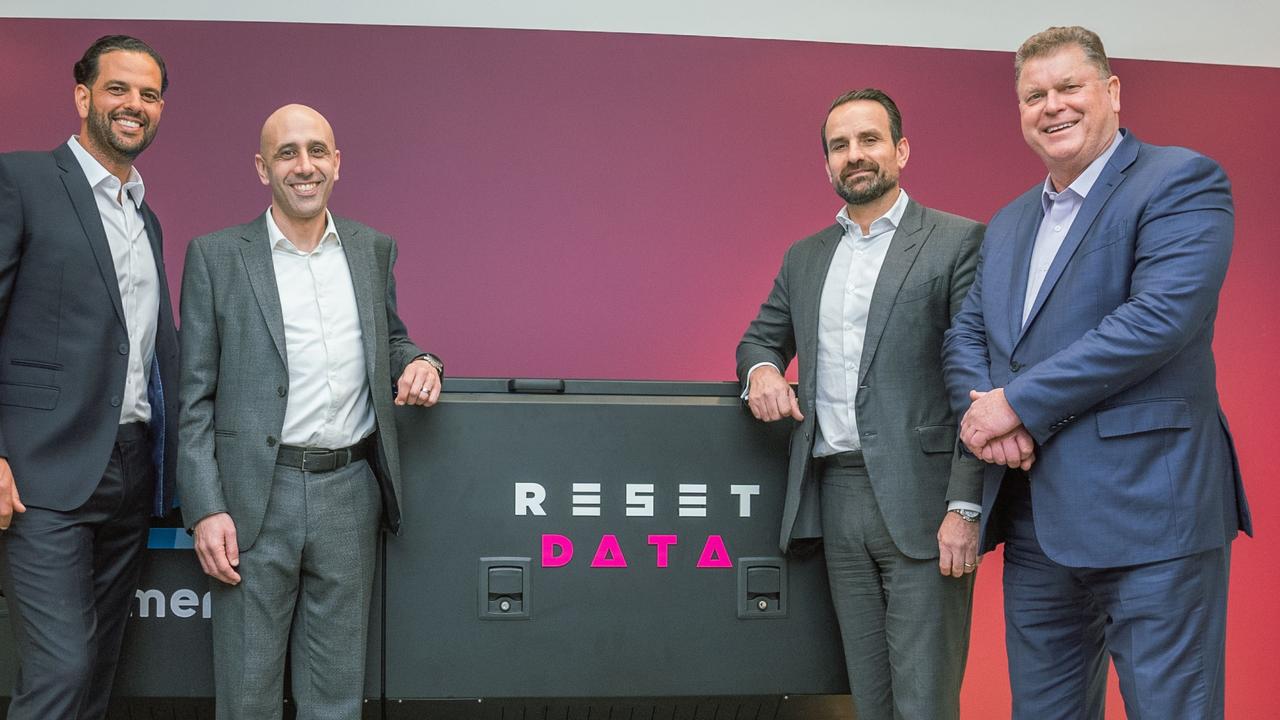GPT warns on inflation, offices in tough property climate
The property group is facing vacancies of 12 per cent in its office towers, as it switches into the hot warehousing sector.

Diversified property giant GPT has warned about the impact of rampant inflation and rising interest rates on shopping centres and the challenge posed by the big shift to work from home for city office towers as it turned in a $469.3m annual profit.
The company called out the uncertain macroeconomic conditions this year as it also embarks on a search for a new chief executive to replace outgoing Bob Johnston.
Mr Johnston said it had been a year of uncertainty and external challenges as the environment shifted from Covid-19 restrictions to one of high inflation and higher interest rates.
“Rising bond yields have led to a softening of valuation metrics for real estate assets. This has been partly offset by market rent growth, particularly for the logistics sector,” he said.
GPT, which announced Mr Johnston’s retirement on February 10, was hit by negative 2.2 per cent revaluations in the last half, driven by lower valuations for offices. But Mr Johnston said the retail portfolio delivered strong results for the year.
“While higher interest rates and inflationary pressures are expected to moderate retail sales growth over the course of 2023, GPT’s high quality retail portfolio is well positioned with high occupancy and strong sales productivity,” he said.
Mr Johnston indicated that the year ahead in property partly hinged the direction of interest rates.
“I think the RBA is going to raise rates until they start to see this inflation come back under control,” Mr Johnston said. ”That’s certainly the message coming from [RBA governor] Philip Lowe.”
He said demand for offices could be affected if economic conditions slowed and hit employment growth and companies’ space requirements.
GPT is facing vacancies of 12 per cent in its offices and said it would look to fill empty spaces. “The office leasing market remains challenging, with tenant demand being impacted by the adoption of hybrid work arrangements and the expectation of softer economic conditions,” Mr Johnston said.

The trust’s logistics portfolio is growing rapidly, backed by developments that are filling almost as they are built, and the company is expanding with support from Canadian fund QuadReal.
GPT said that while uncertainty remains in the trading environment, including the impact of rising interest rates and ongoing inflationary pressure, it expects to deliver Funds From Operations of about 31.3c per security and a distribution of 25c per security this year.
Looking ahead, the company called out ongoing inflationary pressures and moves by global central banks to raise interest rates “materially” over the past 12 months, which has lifted debt costs.
Rising bond yields have also cooled investment capital flows and lifted economic uncertainty, which the company warned increased the potential for “further softening of investment metrics adopted for valuations”.
GPT said the tightening of monetary conditions was also expected to hit economic growth more broadly over the next 12 months. This may crimp the strong recovery in sales in retail on the back of low unemployment and elevated household savings.
“Given the persistent rise in interest rates over the past 12 months and further increases expected, together with inflationary pressures on households, it is anticipated that retail sales growth will moderate during the course of 2023,” the company said.
GPT’s profit was off steeply on last year’s $1.42bn as the trust suffered a sharp turnaround on the value of its office and retail holdings. Last year, it took a $159.3m hit on values after reaping a $924.3m lift in 2021.
The trust’s FFO bumped up to $620.6m from $554.5m in 2021, and it was in line with guidance at 32.4 per security. It will pay a full year distribution of 25c per security, up from 23.2c per security in 2021.
GPT shares slipped by 8c to $4.57.





